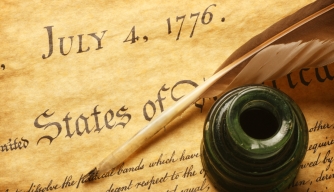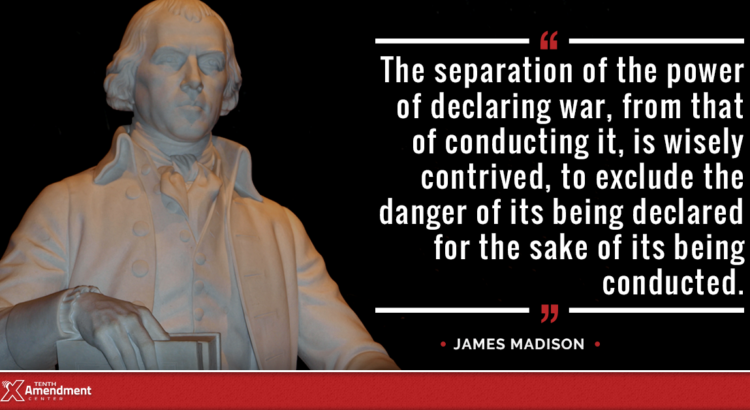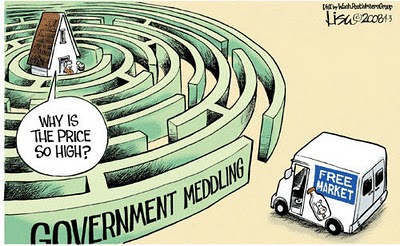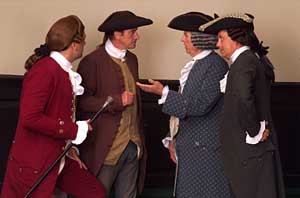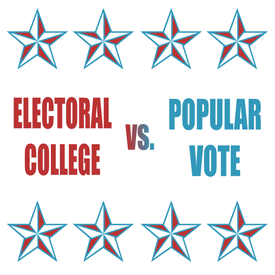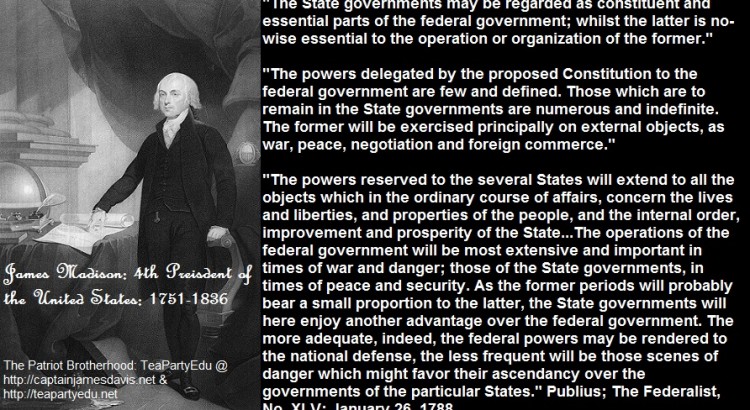This July 4 we will celebrate the 241st anniversary of the signing of the Declaration of Independence. Parades and concerts will be held, gatherings of family and friends for backyard cookouts will take place, and most citizens will enjoy a day off from work. However, if you have ever watched any of these “man on the street” interviews where individuals are asked what we celebrate on this day, far, far too many haven’t a clue. So as we enjoy this day, let’s reflect upon just what our forefathers put their lives, fortunes and sacred honor on the line to declare.
Some, but not enough, of these queried citizens about this day may be able to quote a phrase or two from the Declaration but there is a greater underlying principle to the Declaration than “We hold these truths to be self-evident, that all men are created equal, that they are endowed by their Creator with certain unalienable Rights, that among these are Life, Liberty and the pursuit of Happiness.”
You may wonder what greater principle can there be than the right to equality, life, liberty and happiness? The answer can be found in the opening sentence of the Declaration and repeated a little further down in the second paragraph.
In that first sentence Jefferson lays out the principle that Nature’s Laws and Nature’s God entitle people to be self-determining when it comes to how they will be governed. Listen to how he begins:
“When in the Course of human events, it becomes necessary for one people to dissolve the political bands which have connected them with another, and to assume among the powers of the earth, the separate and equal station to which the Laws of Nature and of Nature’s God entitle them,…”
Jefferson here claims that people have the right “to assume the powers of the earth” which entitles them to choose with whom they wish to band together into society. He then proceeds in the second paragraph to expand upon this right by stating that the assuming of this power means they also have the right to determine how the society they formed when banded together is to be governed:
“That to secure these rights, Governments are instituted among Men, deriving their just powers from the consent of the governed, –That whenever any Form of Government becomes destructive of these ends, it is the Right of the People to alter or to abolish it, and to institute new Government, laying its foundation on such principles and organizing its powers in such form, as to them shall seem most likely to effect their Safety and Happiness.”
If a people are not free to choose how they wish to be governed then they live in a state of tyranny and oppression. As the song recorded by the Rascals in 1968 put it,
All the world over, so easy to see
People everywhere just wanna be free
Listen, please listen, that’s the way it should be
There’s peace in the valley, people got to be free
That same sentiment is inscribed on the base of our Statute of Liberty: “Give me your tired, your poor, your huddled masses yearning to breathe free.”
Without self-determination when it comes to governance, there can be no life to speak of for it is life without liberty nor happiness. Yet as far too many in our country today go about the frivolity of fireworks, concerts, et al, and are oblivious to the fact that we stand at the precipice of losing all that our forefathers declared are our inalienable rights that day 241 years ago.
It is time that we all re-learn the true meaning of this day and commit ourselves to the principles contained within that Declaration. Five years ago I woke up in the middle of the night and penned the following – a modern update to Jefferson’s Declaration. I hope you find it worthwhile and will share it with others that we might, like our forefathers, dedicate ourselves to the future freedom of our posterity:
-June 30, 2017
